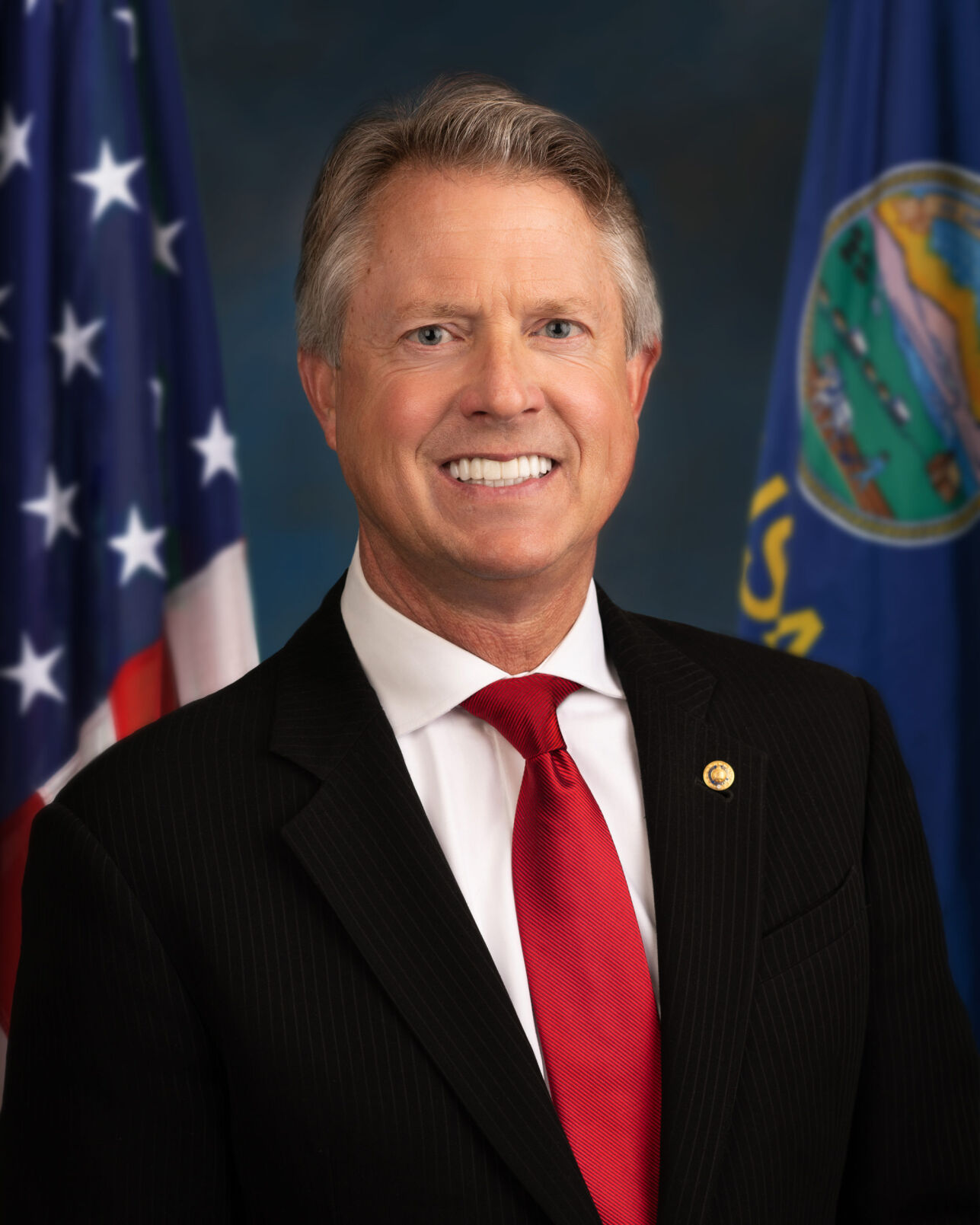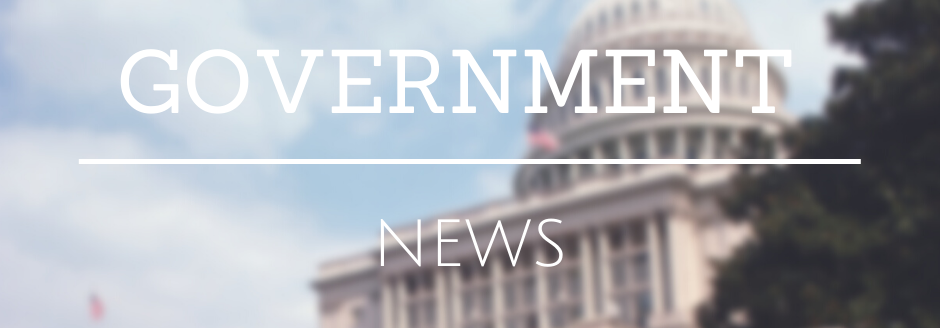When it comes to talking about water in Kansas, U.S. Sen. Roger Marshall, R-KS, knows the hurt producers are facing with a lack of rainfall in much of the High Plains. He had reason to celebrate as a recent bipartisan vote did its part to help slow federal legislation when it comes to WOTUS.
On a 53-to-43 vote, the Senate approved the Congressional Review Act resolution on the disapproval of the Waters of the United States rule. Earlier in March the House also had approved a similar resolution. In December the Biden administration announced a new rule to repeal the Navigable Waters Protection Rule and according to openings changed the definition of WOTUS in a way that significantly expands federal regulatory authority.
What will happen is uncertain, he said, because if President Joe Biden vetoes the action Congress may look to override it. He is waiting to see how the president responds. Marshall praised the legislation as a checks and balance approach that Congress needed to take.
Marshall said the Biden administration should wait until the U.S. Supreme Court makes a ruling on the Sackett v. EPA, because that ruling, which is expected later this year, could provide a certainty to federal, state and local officials in regards to federal regulations.
Marshall said Biden’s intent is to expand federal rules and take it back to the era of regulations sought by President Barack Obama. Under President Donald Trump the Environmental Protection Agency took a different approach that seemed to help reduce the unease of agricultural producers.
Producers understand the importance of conservation. His grandfather put in terraces to hold the water in place. “Now he (Biden) wants to regulate the runoff from it.”
Marshall said it impacts not only agriculture producers but also companies and state and local government that want to expand roads and bridges.
“Uncertainty drives up costs and prevents businesses from expanding,” he said.
Entities that operate dairies and the feedlots certainly were among the most vocal about the potential impact WOTUS could have on their operations and those were voiced during the Obama administration, he said.
Sen. Jerry Moran, R-KS, also applauded the move. “Kansans do not need more complicated federal rules telling farmers and ranchers how to use the rivers and creeks on their land,” Moran said. “I am pleased the Senate took action to challenge these harmful and unnecessary regulations on Kansas landowners and small businesses, and I am hopeful that President Biden will sign this resolution of disapproval.”
Farm bill
Marshall, who is a member of the Senate Agriculture Committee, praised the bipartisan approach of the leadership and other farm bill panel members.
“I think everyone understands that crop insurance is truly the shared cow and that we need to protect that along with Title 1 funding for Agriculture Risk Coverage and Price Loss Coverage programs,” Marshall said. “I think the (funding) for the environmental programs are going in the right direction. We’re trying to give producers the maximum flexibility with environmental programs.”
Programs to stretch dollars for cover crops, the Environmental Quality Incentive Program, and water conservation are also high on his list.
Banking
Marshall has taken a “step back approach” to assess the closure of the California-based Silicon Valley Bank.
It appears the failure was a result of what he termed gross mismanagement and a board that was not holding management accountable. Marshall, who has experience in the banking industry, said one of the tasks of a board and management is to take a quarterly risk assessment and it is particularly important when rates are fluctuating. That did not appear to happen with the Silicon Valley Bank and as a result—with a heavy investment in startups—the interest rate increases were causing companies to “burn through cash” to pay bills.
Marshall said Kansas banks and those in neighboring states are fundamentally sound with 80% to 90% of the deposits being less than $250,000, which means they are insured by the Federal Deposit Insurance Corporation.
Sign up for HPJ Insights
Our weekly newsletter delivers the latest news straight to your inbox including breaking news, our exclusive columns and much more.
“What we don’t want Congress to do is overreact,” he said. “That’s why I push back and say, ‘Wait a second, catch your breath there.’ More regulation is not going to fix an incompetent board and incompetent management.”
He also believes that overbearing regulations cause consolidation of industries whether it is banking, agriculture or health care. The regulations deter small banks from making to make a $50,000 to $100,000 home loan.
“Overregulation creates uncertainty and consolidation,” he said.
Dave Bergmeier can be reached at 620-227-1822 or [email protected].




